A discovered embalming workshop reveals new details about mummification practices and hints that ancient Egyptians engaged in global trade.
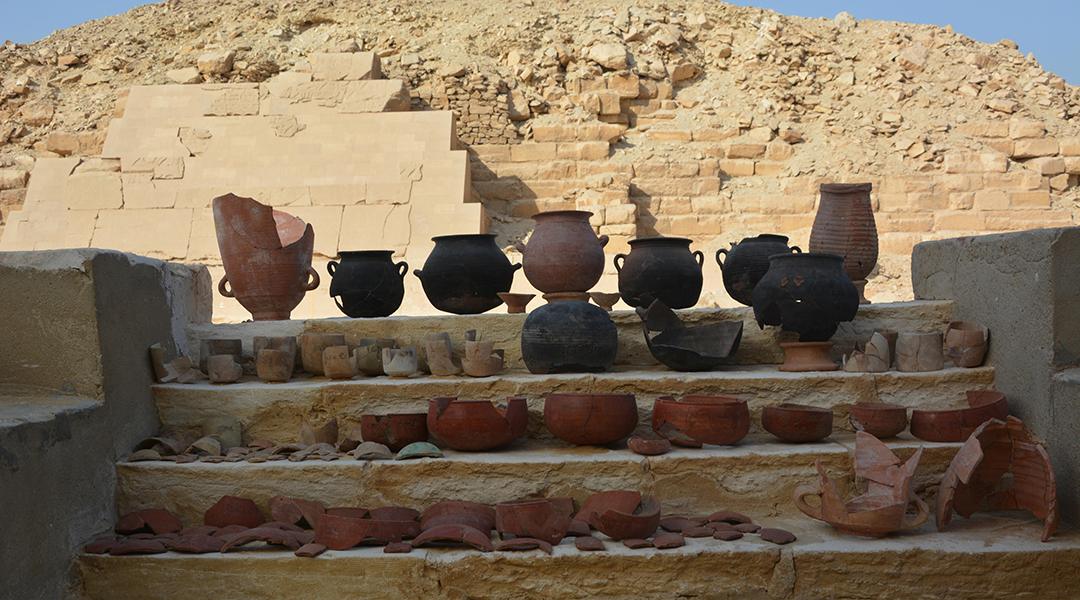


A discovered embalming workshop reveals new details about mummification practices and hints that ancient Egyptians engaged in global trade.

The sulfate-free movement in beauty products has been gaining popularity, but this isn’t based in science, say experts.

Some tumor cells were found to survive a bout of radiotherapy, eluding researchers by camouflaging as normal cells.
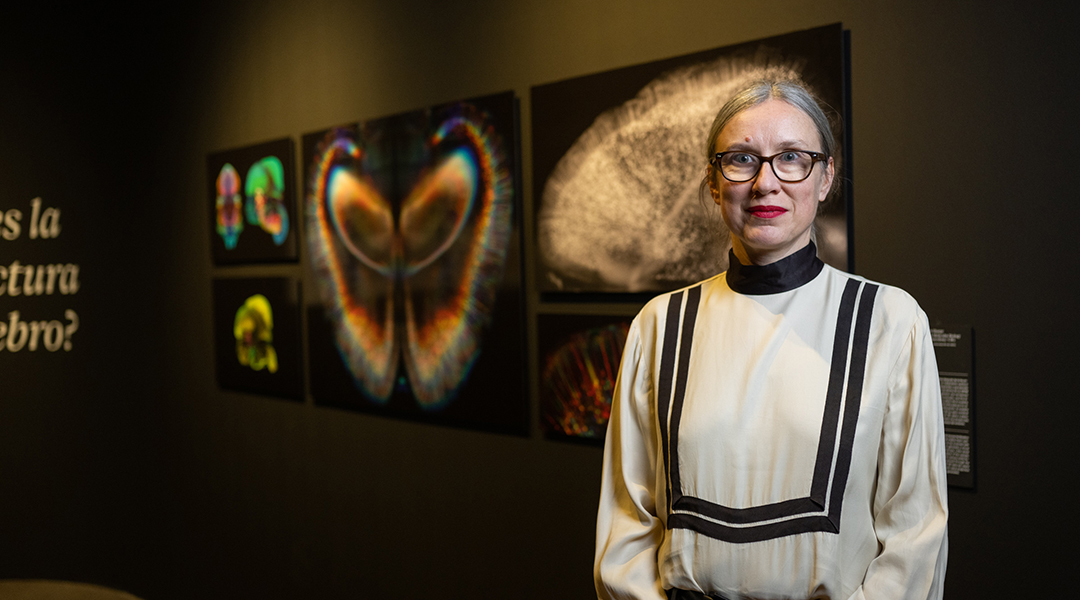
The exhibition Brain(s) uses artistic installations to explore unanswered questions and the relationship between science and culture.

An analysis of 45 million papers and 3.9 million patents since 1945 shows that the rate of disruptiveness in science is steeply declining.

A new study shows that even after millennia of apparent climate stability, global temperatures might suddenly increase at dramatic speeds.
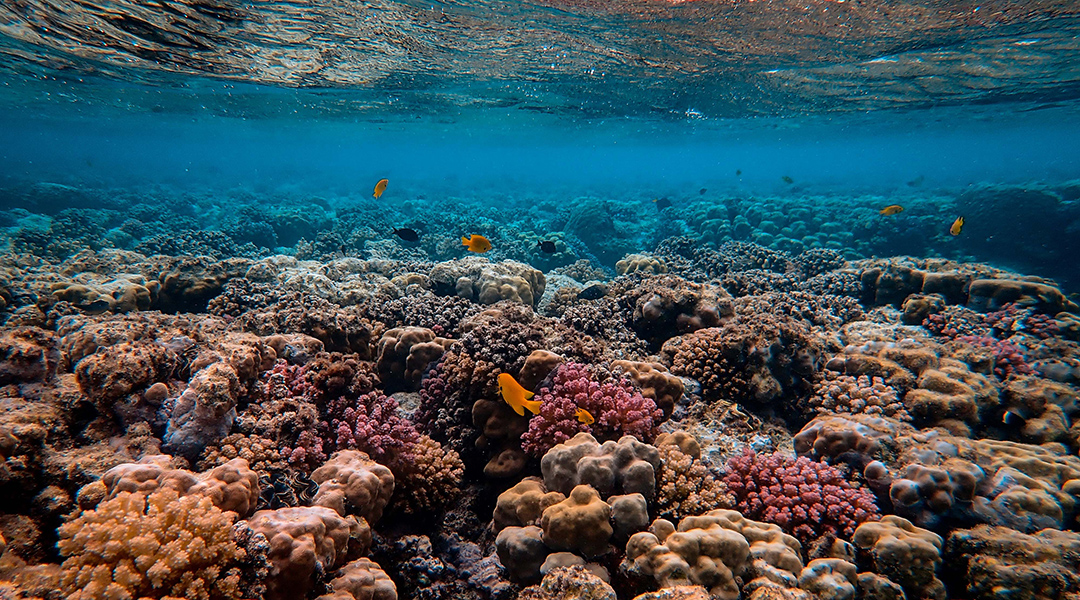
New experiments on coral reefs show that transplanting genetically diverse coral is key to restoration success.
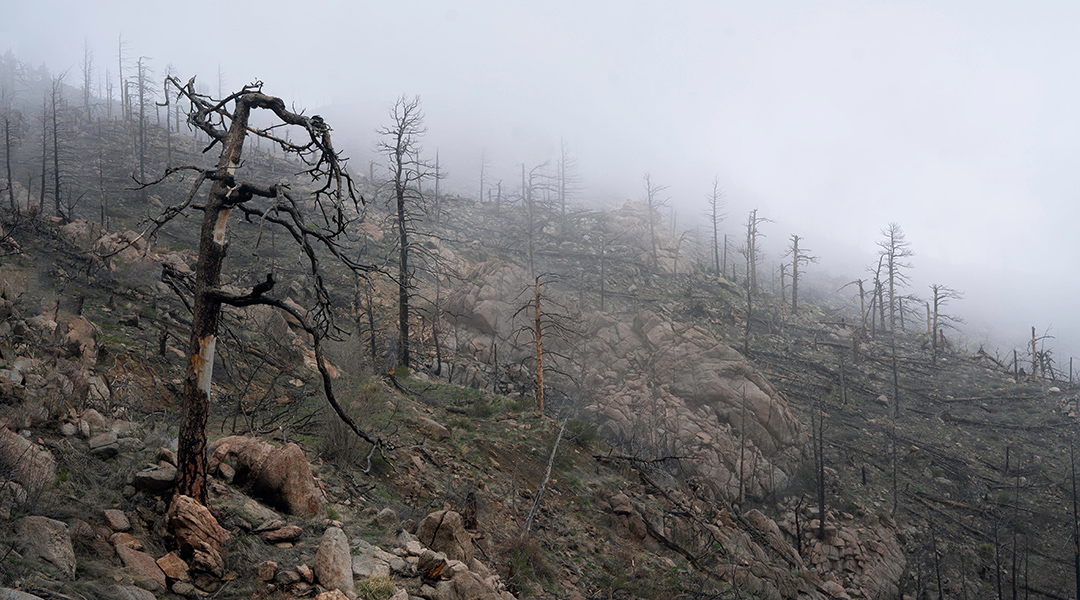
Data collected between 2010 and 2020 shows that people are relocating away from hurricanes and heatwaves but towards fire-prone areas.

Scientists use quantum entanglement to compare two atomic clocks achieving what might be the ultimate precision possible.
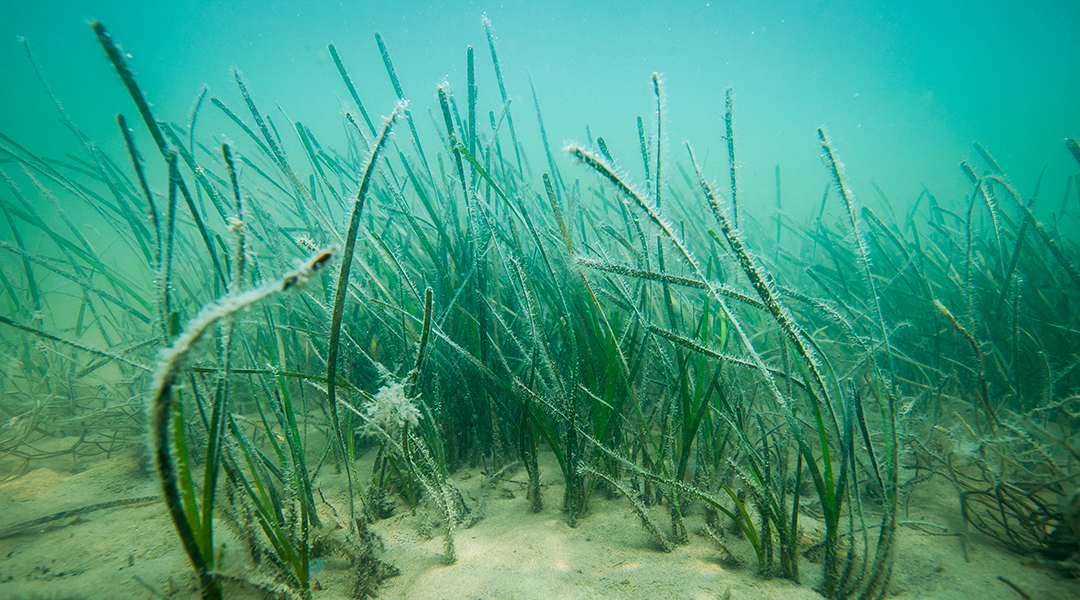
Seagrass roots make underwater sand more resistant to strong waves and reduce coastal erosion by 70%.